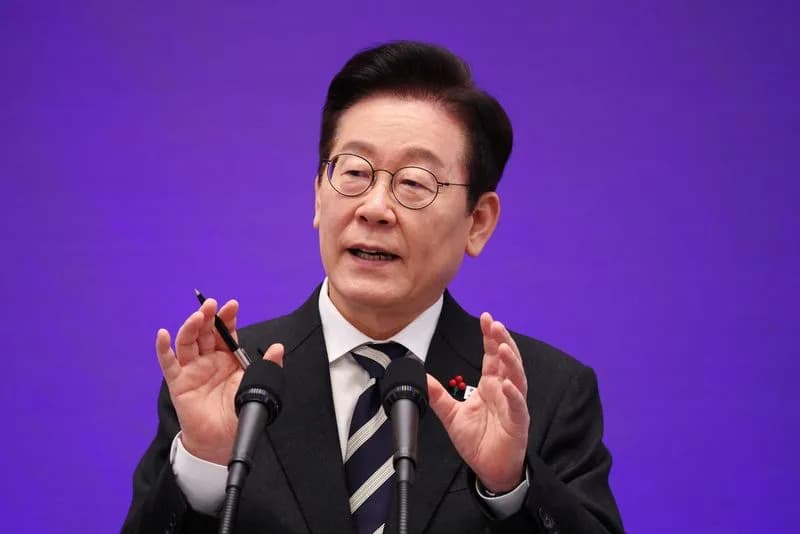Japan's prime minister, Sanae Takaichi, told lawmakers she sleeps only two to four hours per night, a remark that has intensified criticism amid concerns she is promoting overwork. The comment followed reports she held a 3 a.m. staff meeting to prepare for parliament. She defended government talks on potentially raising overtime limits, saying any change would include protections for workers' health. Takaichi — Japan's first woman PM — previously said she would forgo a personal work-life balance to focus on work.
Japan PM Sanae Takaichi Says She Sleeps Just 2–4 Hours a Night — Sparks Overwork Debate

Japan's prime minister says she sleeps 2–4 hours a night, reigniting debate over overwork
Japanese Prime Minister Sanae Takaichi told a legislative committee that she typically sleeps between two and four hours a night — a revelation that has drawn fresh criticism amid concerns she is promoting a culture of overwork.
The disclosure followed reports that she convened a 3 a.m. staff meeting in her office to prepare for a parliamentary session, a scheduling choice that prompted public surprise and media scrutiny.
"I sleep about two hours now, four hours at the longest. I feel it's bad for my skin," she told lawmakers when questioned about efforts to curb Japan's notoriously long working hours.
Japan has long grappled with work-life balance and the social costs of long hours. The term "karoshi" — death from overwork — underscores the seriousness of the problem and why public reaction to the prime minister's comments was sharp.
Overtime talks and government response
Takaichi was also pressed to explain her government's discussions about potentially raising the legal upper limit on overtime as part of efforts to stimulate economic growth. She defended the talks, saying workers and employers have different needs and circumstances.
"Some people choose to work two jobs to make ends meet," she said, adding that many businesses already operate under strict overtime restrictions. She insisted any policy change would include measures to protect workers' health.
"Indeed, if we can create a situation where people can properly balance childcare and caregiving responsibilities according to their wishes, and also be able to work, enjoy leisure time, and relax — that would be ideal," she said.
Context and reaction
Takaichi became Japan's first woman prime minister last month after winning the leadership of the Liberal Democratic Party. After her victory she pledged to discard the idea of a personal work-life balance, saying, 'I will work, work, work, work, and work.' Since taking office she has maintained a busy calendar, including regional meetings and bilateral talks with foreign leaders.
Critics argue her late-night schedule and public comments risk normalizing excessive working hours at a time when Japan is being urged to reduce overwork and protect employee wellbeing. Supporters say her pace reflects the demands of leadership and commitment to economic priorities.
Reporting by hih/pbt
Help us improve.


































